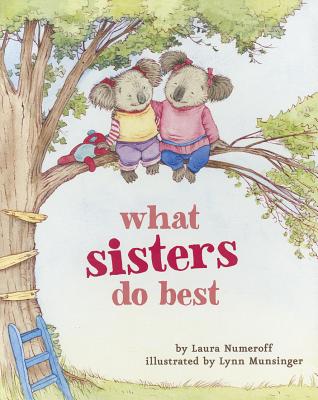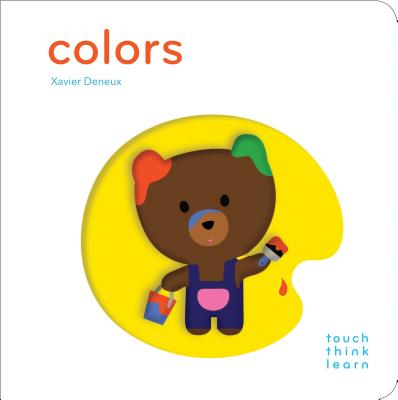Homeopathy for Mumps is an easy-to-use practical guide for newcomers to homeopathy to self-prescribing safe, non-toxic homeopathic remedies for the common symptoms of the mumps virus in an otherwise healthy child. It does not discourage essential treatment for conditions for which medical supervision should be sought - parents and guardians are encouraged to make their own well-informed decisions regarding vaccinations. Homeopathy treats the person not the disease and homeopathic remedies have no side-effects and cannot weaken your child's immune system. Homeopathy for Mumps is written in an easy to follow style and recommends ten of the most effective homeopathic remedies for the symptoms of mumps in the 30c potency. Homeopathic remedy descriptions are short and self-explanatory. Readers may find the Self-Help chapter especially useful particularly the guidelines on treating fever. This chapter also explains how to recognize and deal with any complications. Care and safety of the child are paramount and professional medical help, which may include classical homeopaths, is advised should problems arise. A choice of international specialist suppliers of homeopathic remedies is included to help locate remedies in various countries. Another important addition is a simple three-step guide to observing and classifying reactions after giving remedies, with follow-up actions if necessary. These suggestions concur with the principles of classical homeopathy to ensure optimal success in prescribing. Homeopathy for Mumps is interspersed with color photographs and pertinent quotations. For instance, does homeopathy work? Paolo Bellavite et al explains: "We now have the results of studies that have used homeopathic remedies under well-known experimental conditions, as well as conventionally produced experimental evidence indirectly explaining homeopathic phenomena. The current scientific literature contains a substantial body of evidence and examples that may provide new insights improving our understanding of the principle of similarity and the action of small (or highly diluted) doses of medicines, particularly on the immune system and host defenses (39-45). These studies document and may clarify some of the specific aspects of the biochemical regulatory mechanisms possibly underlying the observed paradoxical phenomena. The 'simile' - brought back to its biological meaning of the inverted, or paradoxical, effects of the same or similar compounds - can operate under a number of experimental and reproducible conditions." "Anyone who adopts an unprejudiced position will discover that immunology and the whole of modern biology in general can offer a considerable contribution to the understanding of homeopathy in a framework that is not very different from the conventional context. In other words, although it is true that some of the most reductionist molecular lines of modern science are ultimately incompatible with the systemic nature of homeopathic thought, it is equally true that many others are perfectly compatible." (Paolo Bellavite, Anita Conforti, Valeria Piasere, and Riccardo Ortolani, "Immunology and Homeopathy. 1. Historical Background," Evidence-Based Complementary and Alternative Medicine, vol. 2, no. 4, pp. 441-452, 2005. doi:10.1093/ecam/neh141 - distributed under the Creative Commons Attribution License http: //creativecommons.org/licenses/by/3.0/ ). Homeopathy for Mumps also contains additional informative chapters like Brief History and Explanation of Homeopathy, Some Mumps Cases, Some Useful Contacts, and Suggested Reading.
Ann Sorrell BA (Hons), DSH is a qualified classical homeopath and writer who has had over twenty-five years' experience practicing homeopathy around the world.

















